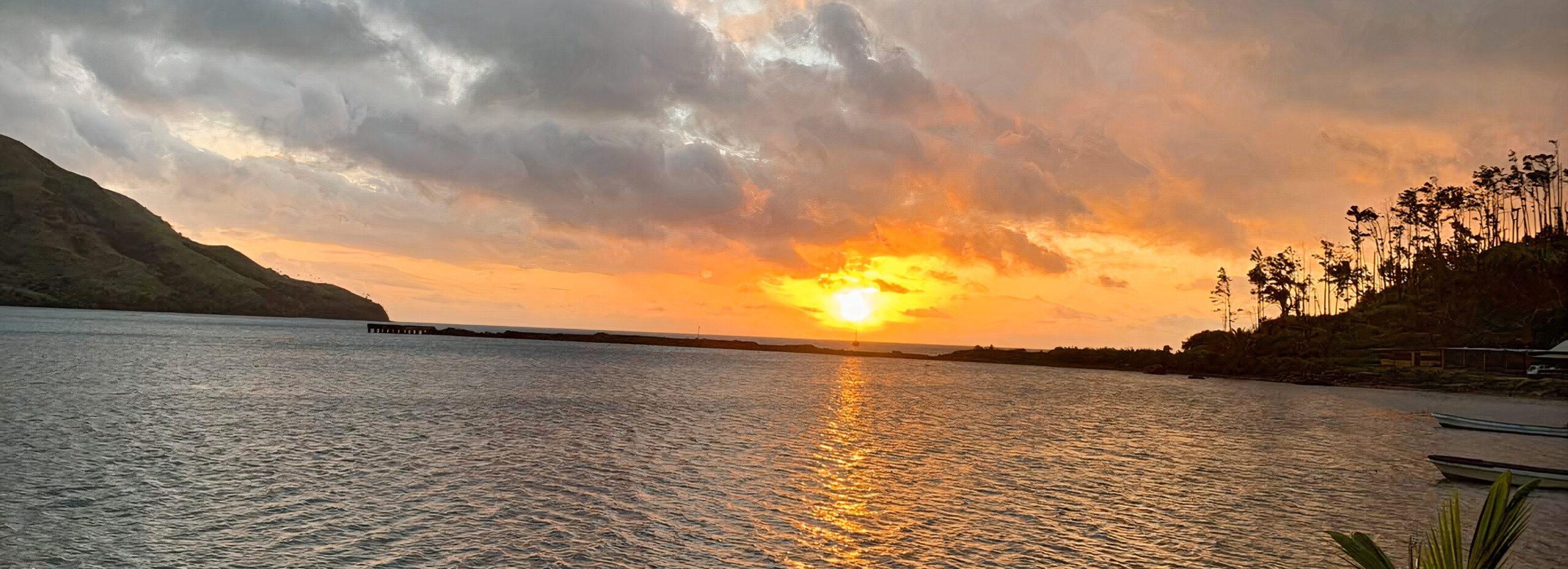OVERVIEW
The Rural Housing Assistance (RHA) Programme was established to provide affordable housing assistance to support the housing needs of rural and maritime communities. The Programme is aimed at prioritizing assistance to those that are permanently residing in villages and rural settlements, in non-urban and peri-urban areas:
- who do not own a home (first-time owners);
- whose house was damaged from previous natural disasters and needs assistance for new house construction, or repair and retrofitting.
- who own a house that requires addressing safety issues for vulnerable family members such as the elderly, disabled, women, and children, through the extension of their existing houses to include kitchen, toilet, and bathroom facilities.
- who owns a house that requires retrofitting; and
- who needs assistance for procurement and cartage of housing materials given his or her remote location from business centers.
There are 4 housing schemes offered under the RHA Programme.
SCHEME 1
- Open only to those residing in a maritime island OR rural community.
- Require applicants to purchase building materials at a minimum cost of $30,000; and
- The government will facilitate the cartage cost of building materials.
SCHEME 2
- Requires the applicant to pay one-third (1/3) contribution in cash while the Ministry pays two-thirds (2/3) of the total project costs. The scheme is targeted at individual applicants. Assistance is offered with the following options:
- Newly built house construction using the approved 24’ x 16’ house plan.
- Extension of an existing structure which includes the attachment of sanitation and kitchen facilities.
- Retrofitting of an existing structure to withstand Categories 4 & 5 tropical cyclones; and
- Completion of an existing structure.
SCHEME 3
- Mainly targets timber resource owners with either pine schemes, native tree resource owners, or lease beneficiary holders who can use these resources as their 1/3 contribution. The Ministry will partner with the Ministry of Forestry in terms of tree felling, logging, and training.
- The other partner will be Habitat for Humanity Fiji for rural carpentry training. The community will provide timber for their house structures as their contribution while the Government will provide other hardware materials.
- This scheme is targeting communal applicants namely villages/tokatoka/mataqali, and yavusa.
- The government’s contribution will cover 2/3 of the total cost of the approved house plan.
SCHEME 4
- Assist beneficiaries under the Family Assistance or Social Welfare Housing Schemes who need assistance with the construction of new houses.
- This Scheme will adopt the same Category 4 open-house design and costs with additional disability-friendly facilities like the provision of ramps, extension of toilets and shower facilities, provision of handrails, and expansion of doors to accommodate wheelchairs and necessary devices.
- The government will provide total funding whilst the recipients’ contribution would be in-kind through labor support from the community.
- Targeted at people with disabilities, single mothers, senior citizens, vulnerable groups, and social welfare recipients.
ELIGIBILITY CRITERIA
SCHEME 1
Applicants should fulfill the following conditions to be eligible:
- Permanently residing in a village or rural settlement recognized by the Provincial Council Office, Provincial Administrator, or District Advisory Councilor (DAC);
- Combined annual household income of $30,000 or less.
- Provide letter of support by the Turaga-ni-Koro (TNK) or the DAC; and
- Must be 18 years or above.
SCHEME 2
Applicants should fulfill the following conditions to be eligible:
- Permanently residing in a village or rural settlement recognized by the Provincial Council Office, Provincial Administrator, or District Advisory Councilor (DAC);
- They must not already possess a house, except for those applying for housing extension, retrofitting, and completion of existing structure.
- Combined annual household income of $30,000 or less.
- Confirmation of Consent to build if applying for assistance for construction.
- Evidence on the ability to pay the one-third (1/3) contribution.
- Confirmed availability of a carpenter and laborers;
- Provide a letter of support by the Turaga- ni-Koro (TNK) or the DAC; and
- Must be 18 years or above.
SCHEME 3
Applicants should fulfill the following conditions to be eligible:
- Must have confirmation of consent to build,
- Applicants must receive formal consent from Fili Pine Scheme native-owned forest in the village or rural settlement recognized by the Ministry of iTaukei Affairs or District Advisory Councilor (DAC); and
- Applicants must provide labor, and build houses from sawn and treated timber.
SCHEME 4
Applicants should fulfill the following conditions to be eligible:
- Applicants must reside permanently in the village or rural settlement recognized by the Provincial Council or District Advisory Councilor (DAC);
- Applicants must be recipients of the Social Welfare Scheme and identified by the Department of Social Welfare.
- They must not already possess a house, except for those applying for disable-friendly facilities.
- Confirmation of consent to build or improve existing dwelling.
- Confirmed availability of a carpenter and laborers; and must
- Provide a letter of support by the Turaga- ni-Koro (TNK) or the DAC.


